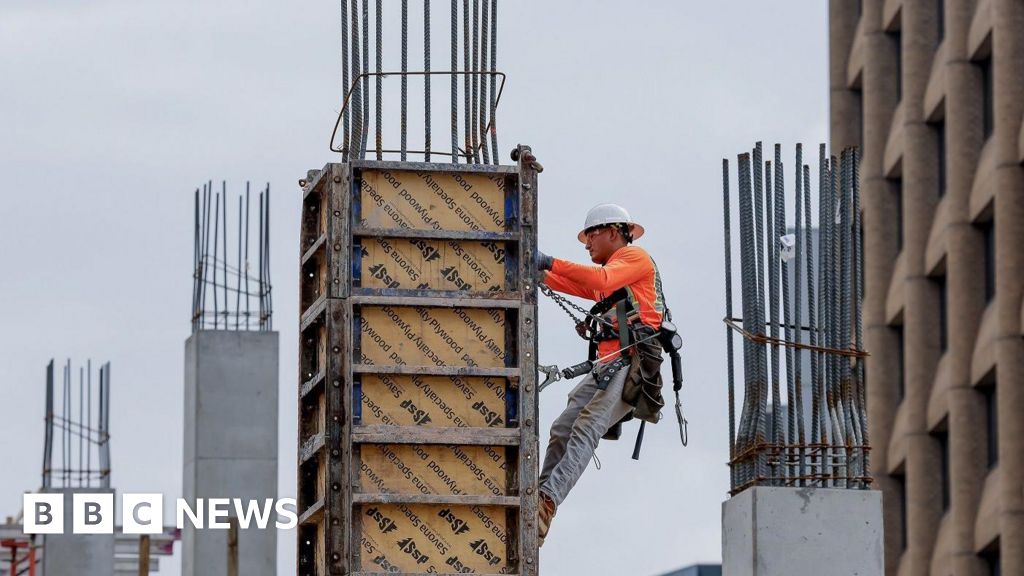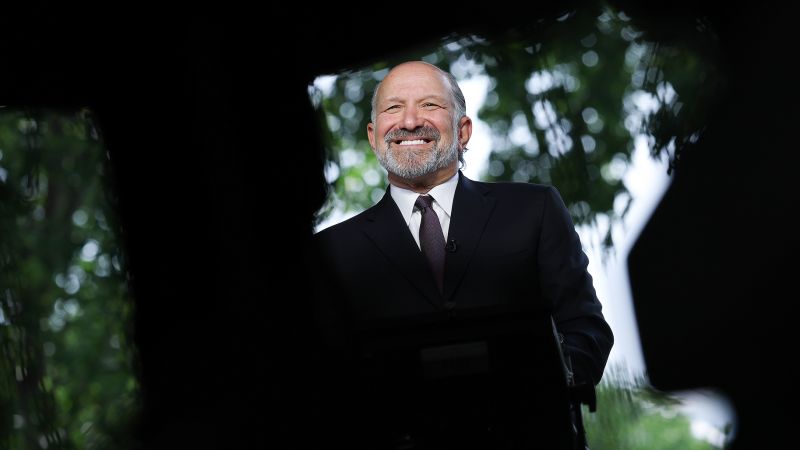
The global economy is witnessing a deceleration in growth rates, particularly across major economies such as the United States, Japan, and the euro area. Analysts attribute this decline in part to the ongoing effects of the trade policies and tariffs imposed under the administration of former U.S. President Donald Trump.
Tariffs, particularly those targeting China and other key trading partners, have disrupted traditional supply chains and raised input costs for businesses. While originally aimed at bolstering domestic industry and addressing trade imbalances, the measures have had broader-than-anticipated impacts on both international trade and global consumer prices.
In the United States, economic expansion is forecast to moderate as higher costs stemming from tariffs continue to weigh on manufacturing and consumer spending. Similar headwinds are being reported in Japan, where export-reliant industries are grappling with reduced demand and elevated costs. Meanwhile, the euro area is also facing sluggish growth, driven by uncertainty in global trade and lower business investment.
Economists warn that unless these trade tensions are resolved and barriers are lifted, prolonged economic weakness could ensue. Central banks and fiscal policymakers across these regions are being urged to remain vigilant and consider further stimulus measures if the slowdown deepens.
The current trend underscores the interconnected nature of the global economy and the widespread ramifications that protectionist trade policies can have beyond their intended borders.
Source: https:// – Courtesy of the original publisher.








